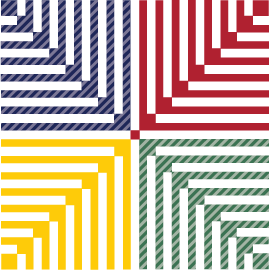At the very moment he sent me the audio, I made the movie in less than two days. I just took footage [of my family] that I already had…it it was just really to get the word out about what was going on. , a PhD candidate at Columbia University who is from Gaza, shares the context in which she made the short Shuja’iyah: Land of the Brave. Shuja’iyah is a densely populated urban neighborhood of the Gaza Strip that came under devastating Israeli assault on the night of July 19, 2014, essentially leveling the entire area. 

–Alia Gilbert for BPFF
screens on October 19, 2014 at the Museum of Fine Arts, Boston as part of a slot about the ongoing crisis in Gaza, and at various other times throughout the festival as part of a repeating thematic thread. View full schedule and buy tickets

